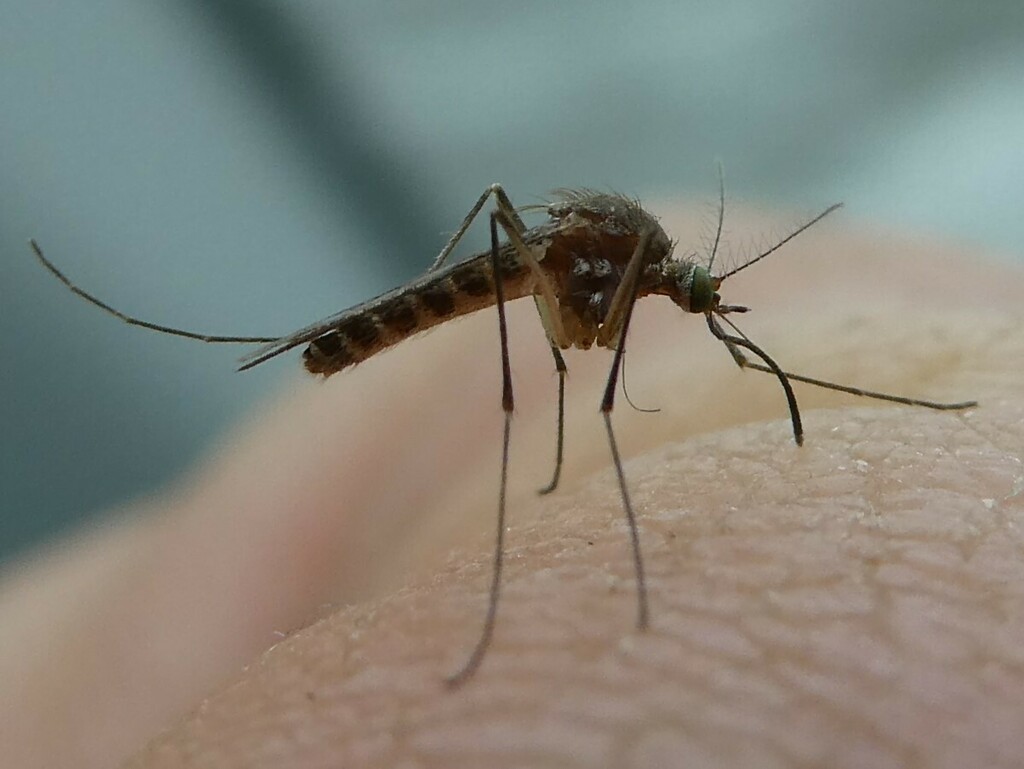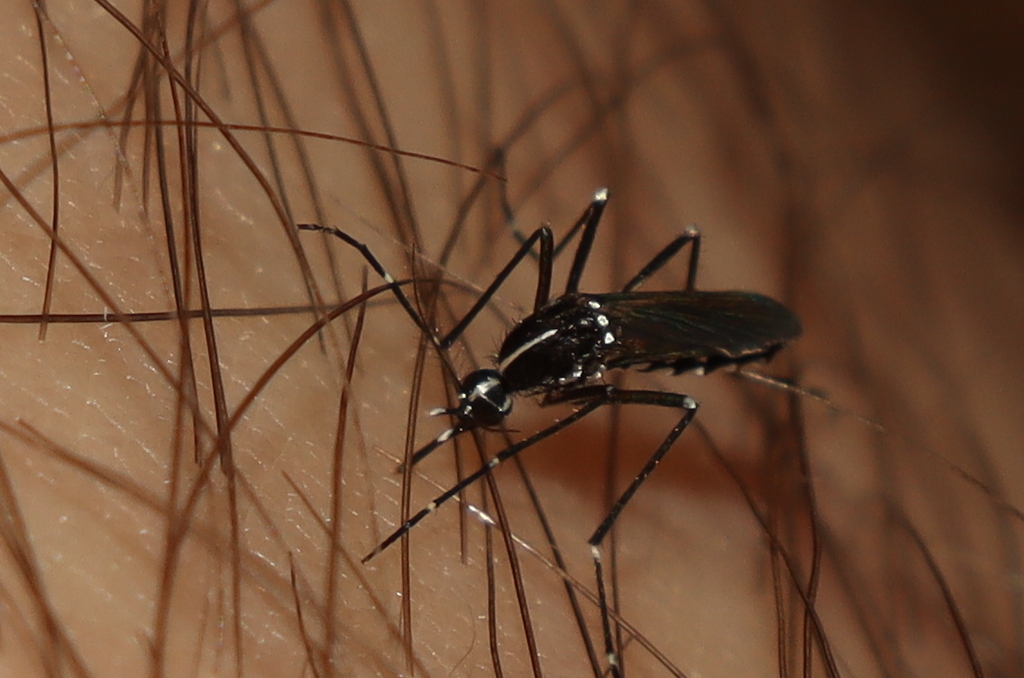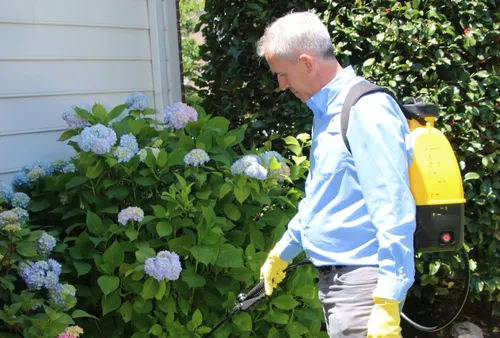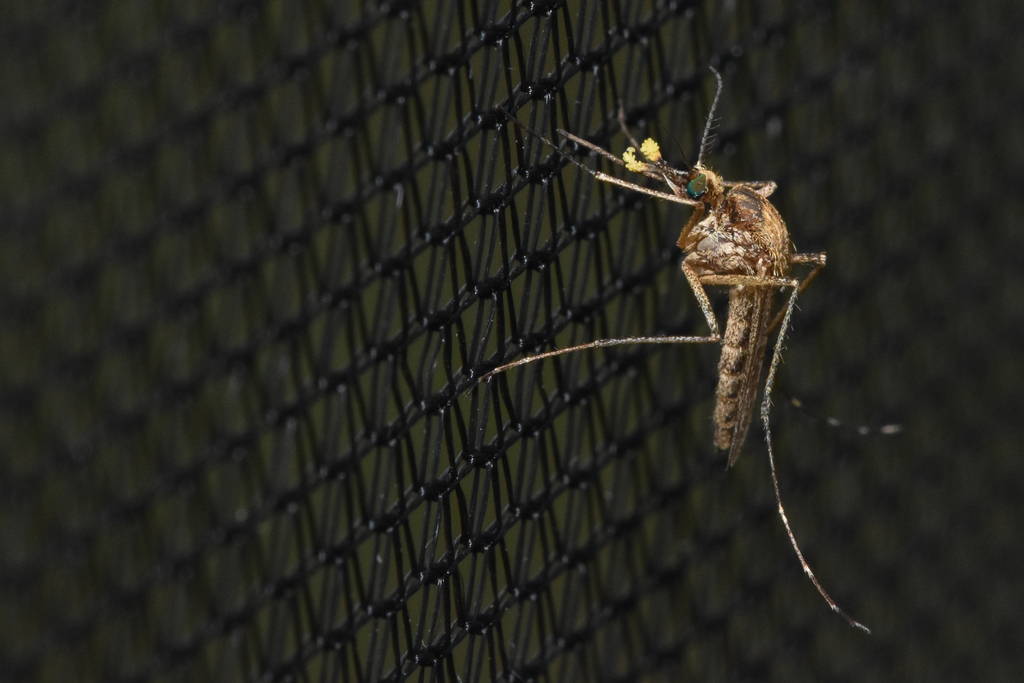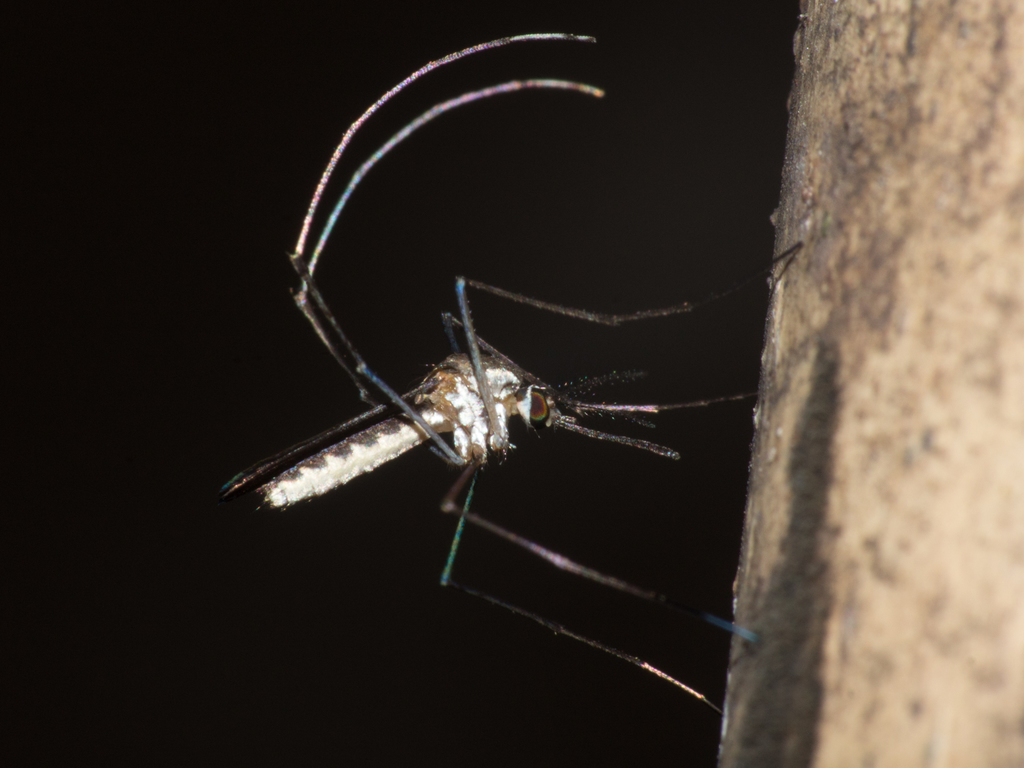Fredericksburg Mosquito Control
Take back your yard this season. Better Termite has been protecting Fredericksburg families from mosquitoes since 1968 with treatments your whole family can feel good about.
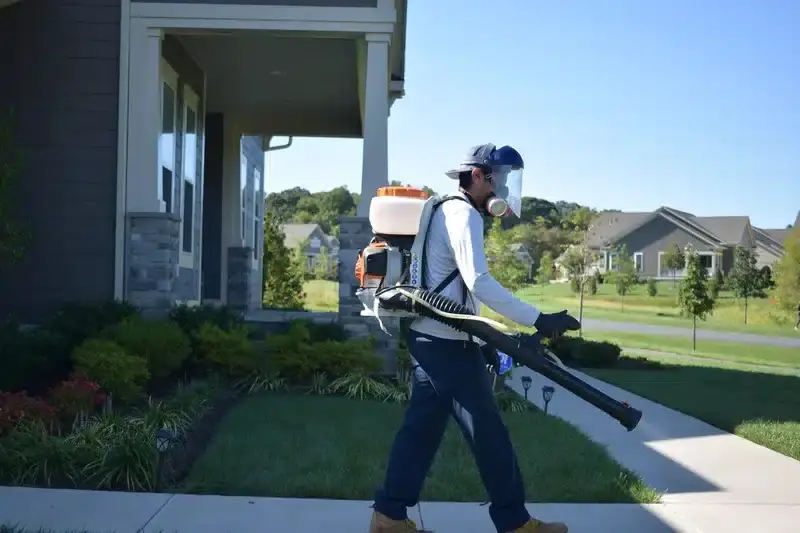





Family Owned
57 years of experience serving local homes with pets and kids.
Lower Risk Products
Our research team picked materials better for the planet & your home
No Contracts
We don't lock you in with paperwork. Stay because it works.
Why Fredericksburg Yards Need Professional Mosquito Control
Fredericksburg sits right on the Rappahannock River at the fall line, where humid air, slow-moving water, and dense riverside vegetation create one of Virginia's most active mosquito corridors. If you live in neighborhoods like Salem Fields, Lee's Hill, England Run, or anywhere near Massaponax Creek, you already know how aggressive these pests can be from April through October.
Better Termite & Pest Control has served Fredericksburg since 1968. Now in our third generation under the Schulz family, we built our Fredericksburg mosquito control programs around what actually works in the Rappahannock valley's humid subtropical climate. Our internal research team removed 9 of the harshest chemicals common in the industry and chose better alternatives like Essentria and EcoVia.
Every mosquito program comes with unlimited free callbacks between scheduled treatments. No binding contracts. Cancel anytime with 30 days notice. We would rather earn your business each visit than lock you into paperwork.
Get a Free Quote
Choose the option that works best for you
Option 1: Call a Licensed Tech
Option 2: Submit Your Info to our Team
How Our Fredericksburg Mosquito Treatments Work
Our licensed technicians start with a thorough property walk-through. They check every shaded corner, drainage area, and vegetation patch where mosquitoes rest during the day. In Fredericksburg, that means paying close attention to ivy beds, creek-side brush, retention ponds in HOA communities, and dense landscaping around decks and patios.
Using commercial backpack sprayers, we apply an adulticide plus insect growth regulator to foliage, fence lines, shrubs, and every mosquito hotspot identified during the inspection. We schedule treatments to avoid bloom periods, limiting the impact on pollinators in your garden.
After each visit, you receive a detailed email report listing every product applied and every area treated. If mosquitoes return between visits, one call gets a technician back to your property at no extra charge.
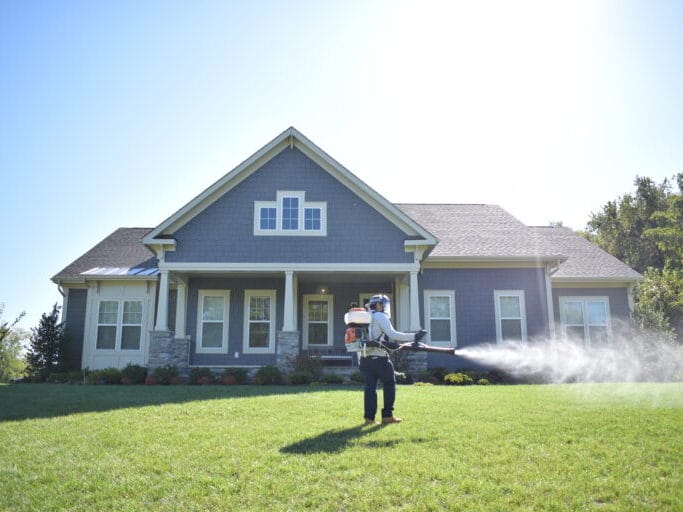
In2Care Mosquito Stations for Fredericksburg Homes
The In2Care system is a major upgrade over spray-only programs, especially for Fredericksburg properties near water. These stations attract resting mosquitoes with a water source and dark shelter. Once inside, mosquitoes pick up a larvicide and beneficial fungus on their legs and body.
Here is the clever part: contaminated mosquitoes carry those agents back to their breeding sites. A single contaminated mosquito can spread control to hidden pools, tree holes, clogged gutters, and other spots our sprayers cannot reach directly. This multiplier effect is especially valuable for properties along the Rappahannock or near retention ponds in communities like Falls Run and Village of Idlewild.
How It Works Step by Step
- Our technicians place stations in shaded, humid areas where mosquitoes naturally rest
- Mosquitoes enter the stations attracted by the water source and dark environment
- They contact treated gauze strips and pick up larvicide and beneficial fungus
- Contaminated mosquitoes visit other breeding sites and spread the control agents
- The transfer effect reduces mosquito populations across your entire property over time
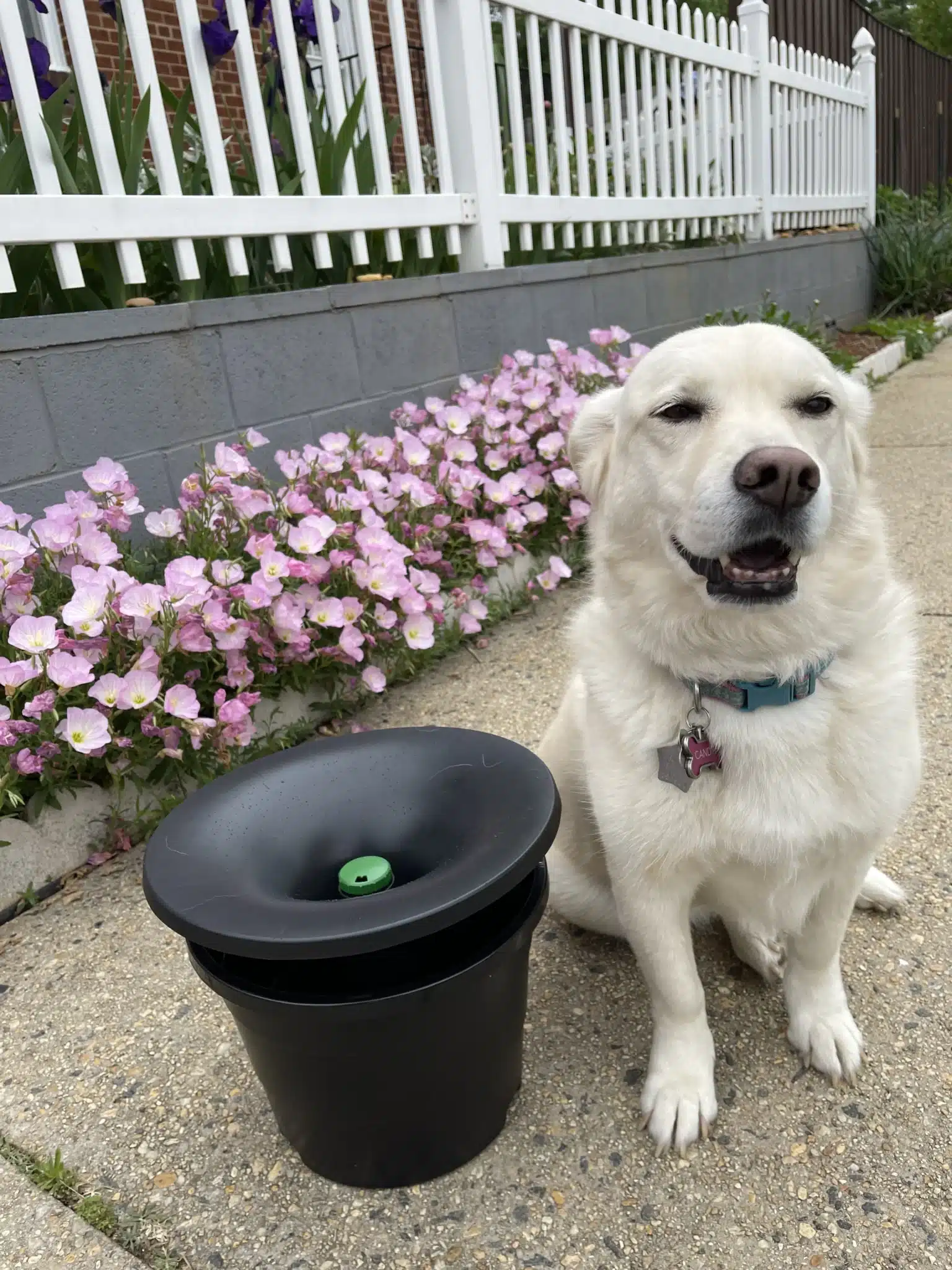
Tick Control for Fredericksburg Properties
Fredericksburg is surrounded by over 7,600 acres of preserved battlefield and forest land at the Fredericksburg & Spotsylvania National Military Park. Deer, foxes, and small mammals move freely between these forests and nearby neighborhoods, carrying ticks with them. If your home backs up to woods, greenbelts, or trails near Alum Spring Park or Motts Run Reservoir, tick exposure is a real concern.
Our tick program follows a seasonal approach designed around tick lifecycles in central Virginia:
- March: Granular applications target emerging nymphs during the spring surge
- April through October: Monthly topical sprays along ecotone areas where your lawn meets woods, brush, or tall grass
- November: Granular treatments reduce overwintering adults before they can reproduce the following spring
Tick treatment pairs naturally with mosquito control for complete outdoor protection. Many Fredericksburg homeowners bundle both services to keep their entire yard comfortable and reduce exposure to tick-borne illness.
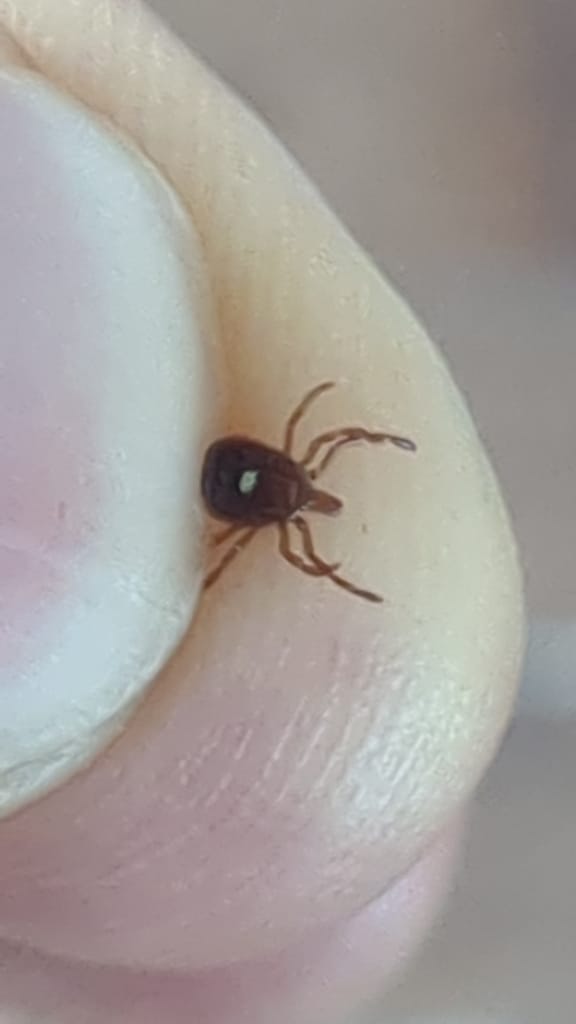
Mosquito Pressure in the Fredericksburg Area
Fredericksburg's humid subtropical climate with average summer highs near 89 degrees and roughly 40 inches of annual rainfall creates prime mosquito habitat. The Rappahannock River corridor, Massaponax Creek, and dozens of smaller streams produce standing water and damp soil that mosquitoes need to breed.
The two most common species here are the Asian tiger mosquito (Aedes albopictus), an aggressive daytime biter with distinctive black-and-white striping, and the common house mosquito (Culex pipiens), which feeds primarily at dusk and dawn. Tiger mosquitoes breed in small containers like plant saucers, old tires, and clogged gutters. Culex mosquitoes favor larger standing water sources like retention ponds and flooded ditches.
Suburban communities like Salem Fields, Lee's Hill, and the Massaponax neighborhoods face additional pressure from HOA ponds, irrigation systems, and decorative water features. Homes in the Historic District and College Heights near the university deal with older construction, dense vegetation, and proximity to the river.
What to Expect from Your Mosquito Program
Getting started is simple. Call 703-683-2000 and talk directly to a licensed technician. No phone trees, no overseas call centers. You will get a detailed quote and treatment plan based on your specific Fredericksburg property in that first conversation.
Your Treatment Timeline
- Phone consultation: A licensed tech reviews your property details and recommends the right program
- 78-point inspection: Your technician walks your property and identifies every mosquito breeding and resting area
- Initial treatment: Targeted application to all identified hotspots using products approved by our research team
- Monthly visits: April through October treatments keep populations suppressed all season
- After-service report: You receive an email documenting every product used and area treated
Between visits, you have access to unlimited free callbacks. Heavy rain, unusual heat, or just a bad week for mosquitoes? We will come back and retreat at no extra cost until your yard feels comfortable again.
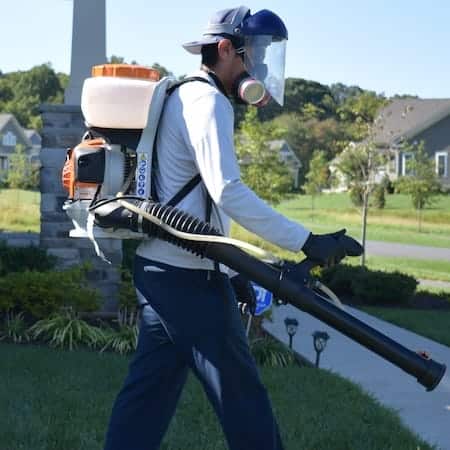
What Fredericksburg Area Homeowners Say
"They offer a reasonable termite warranty, do a good check, and no nonsense."
"I love Darren over at Better Termite. He is always so attentive and kind, and really goes, IMO, out of his way to do a fantastic job. And I am so happy that I had NO MOSQUITOES this summer in my backyard in spite of the fact that there is a drainage area right behind my house, and that is 100% because of Better Termites services."
"Better Termite has been keeping our house bug free for years with regular perimeter treatments. As a small, family owned business, they are able to personalize their approach based on your needs. It's clear that they prioritize customer service and communication..."
"...Better Termite uses pet-friendly, but not spider-friendly products, and we are now creepy crawly-free! Over the years, they've also tackled ants, bees, and HORRIBLE paper wasps! Further, Cindy and Darren are awesome to work with, and really know their stuff!"
"Steve was very accommodating and patient in explaining what we're dealing with and what measures he recommended... Steve's customer service skills were fantastic. He spoke clearly and concisely, alleviated our concerns, and assured us of their treatment service..."
"They offer a reasonable termite warranty, do a good check, and no nonsense."
"I love Darren over at Better Termite. He is always so attentive and kind, and really goes, IMO, out of his way to do a fantastic job. And I am so happy that I had NO MOSQUITOES this summer in my backyard in spite of the fact that there is a drainage area right behind my house, and that is 100% because of Better Termites services."
"Better Termite has been keeping our house bug free for years with regular perimeter treatments. As a small, family owned business, they are able to personalize their approach based on your needs. It's clear that they prioritize customer service and communication..."
"...Better Termite uses pet-friendly, but not spider-friendly products, and we are now creepy crawly-free! Over the years, they've also tackled ants, bees, and HORRIBLE paper wasps! Further, Cindy and Darren are awesome to work with, and really know their stuff!"
"Steve was very accommodating and patient in explaining what we're dealing with and what measures he recommended... Steve's customer service skills were fantastic. He spoke clearly and concisely, alleviated our concerns, and assured us of their treatment service..."
Serving All Fredericksburg Neighborhoods
We provide mosquito control across the greater Fredericksburg area, including homes in ZIP codes 22401, 22405, 22406, 22407, and 22408. Whether you live in a historic rowhouse downtown or a newer colonial in the suburbs, our technicians know the local conditions that drive mosquito activity.
Neighborhoods We Serve
- Downtown Fredericksburg & Historic District (22401)
- College Heights and areas near University of Mary Washington
- Village of Idlewild and Mayfield
- Falmouth and North Stafford (22405)
- England Run & Falls Run (22406)
- Salem Fields, Five Mile Fork & Lee's Hill (22407)
- Massaponax, Four Mile Fork & Cosner's Corner (22408)
- Spotsylvania and surrounding Spotsylvania County communities
Not sure if your street is covered? Call 703-683-2000 and we will let you know right away.
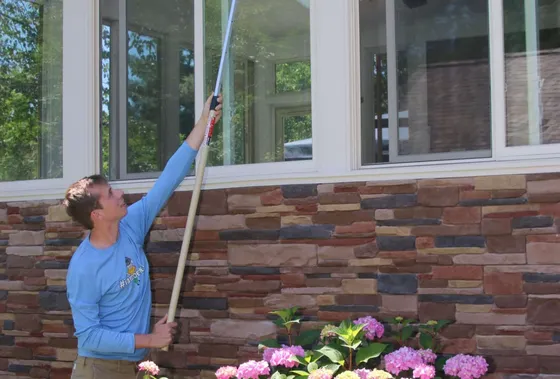
Serving Fredericksburg & Surrounding Areas
Visit our office or give us a call — we're here to help protect your home.
